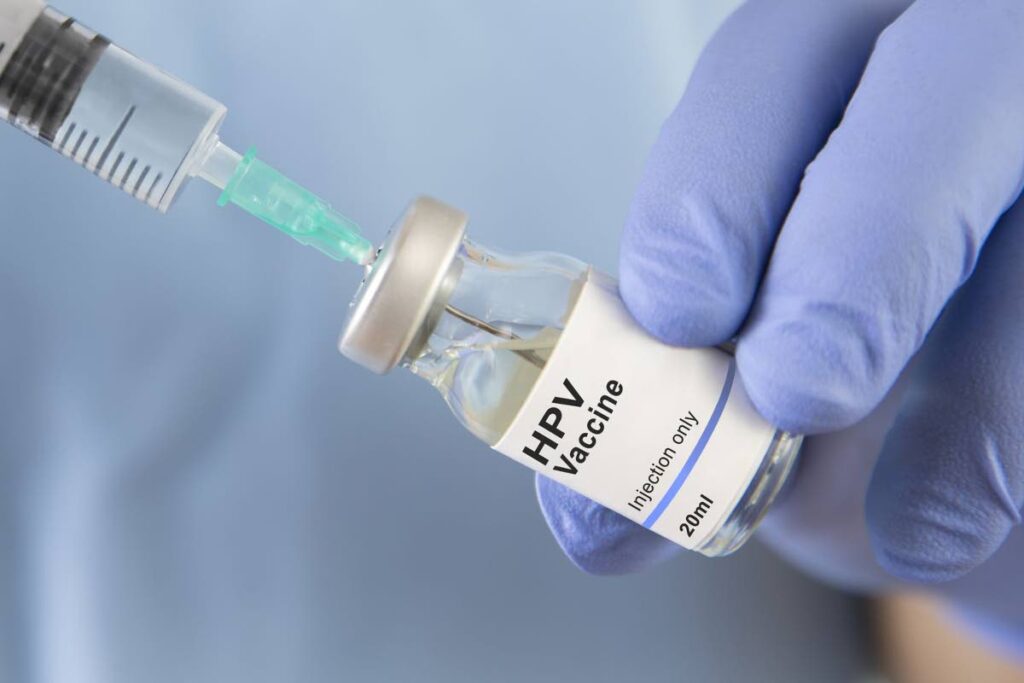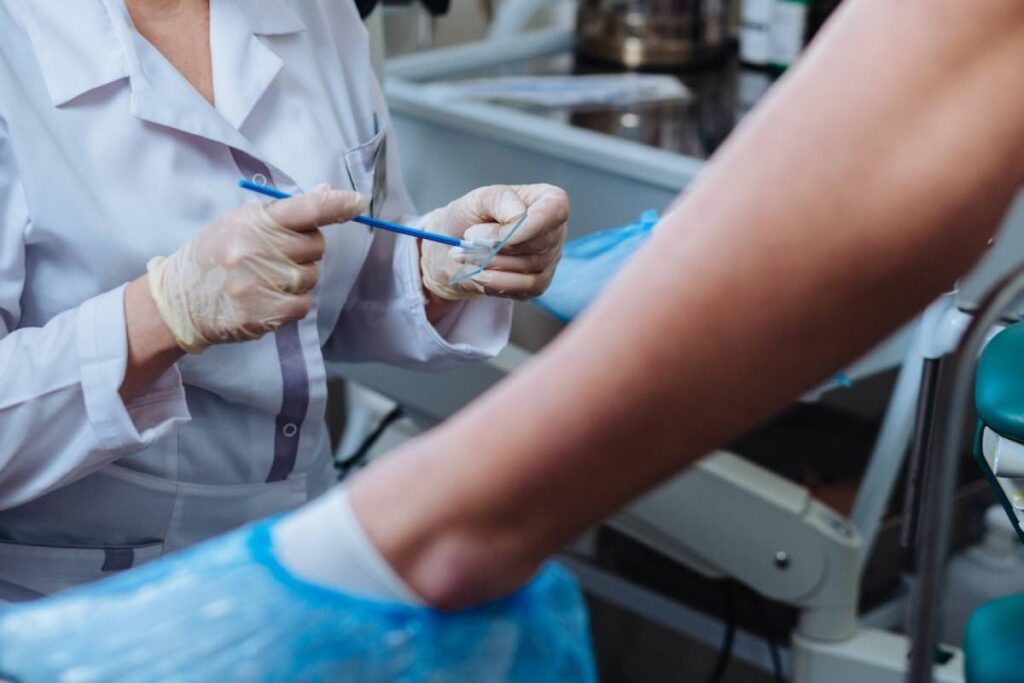What you need to know about cervical cancer

BAVINA SOOKDEO
As January unfolds, it brings with it a heightened focus on cervical cancer awareness, a cause championed by experts like Dr Vanessa Harry, a UK-trained gynaecological oncologist.
Harry provides surgical care for women with gynaecological cancers such as those of the cervix, uterus and ovary.
A UWI graduate, she moved to the UK in 2001 to train in obstetrics and gynaecology, then did a fellowship in gynae-oncology in 2012 before working as a consultant in the UK.
She was awarded a doctorate of medicine in 2012 on recognition of her research in the field of gynaecological cancers, has presented her work internationally and is published in many medical journals.
Harry returned to Trinidad in 2013 after 12 years in the UK to assist in providing gynaecological care to all women. She currently works in both the private and public health sectors and is also head of the Obstetrics and Gynaecology Unit at UWI, where she trains medical students as well as doctors in the OBGYN specialty.
According to the World Health Organization, human papillomavirus (HPV) is a common sexually transmitted infection which can affect the skin, genital area and throat. Almost all sexually-active people will be infected at some point in their lives, usually without symptoms. In most cases the immune system clears HPV from the body.

Persistent infection with high-risk HPV can cause abnormal cells to develop, which go on to become cancer.
Persistent HPV infection of the cervix (the lower part of the uterus or womb, which opens into the vagina – also called the birth canal) if left untreated, causes 95 per cent of cervical cancers.
Typically, it takes 15-20 years for abnormal cells to become cancer, but in women with weakened immune systems, such as untreated HIV, this process can be faster and can take five-ten years.
Risk factors for cancer progression include the grade of oncogenicity (the capability of inducing tumour formation) of the HPV type, immune status, the presence of other sexually transmitted infections, number of births, young age at first pregnancy, hormonal contraceptive use, and smoking.
The WHO notes:
• Cervical cancer is the fourth most common cancer in women globally, with an estimated 604,000 new cases and 342,000 deaths in 2020.
• The highest rates of cervical cancer incidence and mortality are in low- and middle-income countries. This reflects major inequities driven by lack of access to national HPV vaccination, cervical screening and treatment services and social and economic determinants.
• Cervical cancer is caused by persistent infection with HPV. Women living with HIV are six times more likely to develop cervical cancer than women without HIV.
• Prophylactic vaccination against HPV and screening and treatment of pre-cancer lesions are effective ways to prevent cervical cancer and are very cost-effective.
• Cervical cancer can be cured if diagnosed at an early stage and treated promptly.
• Countries around the world are working to accelerate the elimination of cervical cancer in the coming decades, with an agreed set of three targets to be met by 2030.
In an interview, Harry shed light on the critical importance of specialised care in gynaecological oncology. She emphasised the pivotal role of trained specialists: “Women who are treated by trained specialists in oncology do better and have better outcomes than those managed by a generalist.”
Harry underscored the need for women to be referred to oncology specialists after a cancer diagnosis for optimal care.
As the month unfolds with a focus on cervical cancer, Harry drew attention to the global prevalence of this potentially preventable disease. Despite the availability of the Pap smear, a screening test capable of preventing cervical cancer, its underutilisation remains a concern. She identifies two primary barriers: lack of awareness and unfounded fears, such as the misconception that the test might be painful.

She passionately encouraged women to overcome these barriers, emphasising that a simple five-minute Pap smear can save lives. Cervical cancer, affecting the cervix – the neck of the uterus – can be detected early through regular Pap smear screenings, enabling effective intervention.
Harry discussed recent advancements in cervical cancer prevention, highlighting the significance of HPV vaccination. HPV is a primary cause of cervical cancer, and vaccination, available from age ten onwards, serves as a crucial preventive strategy. Harry advocated for increased awareness and adoption of both HPV vaccination and regular Pap smear screenings.
In terms of treatment, she reassured that early detection allows for highly effective interventions, often involving radiotherapy and chemotherapy. However, she stressed the need for a comprehensive national programme for cervical cancer screening.
She urged the government and the Ministry of Health to recognise the urgency of implementing organised screening programmes, streamlining efforts to reach and educate more women about the importance of Pap smears.
As Harry continues her efforts in gynaecological oncology and education, she urges women to prioritise their health and well-being in the face of cervical cancer.

Comments
"What you need to know about cervical cancer"